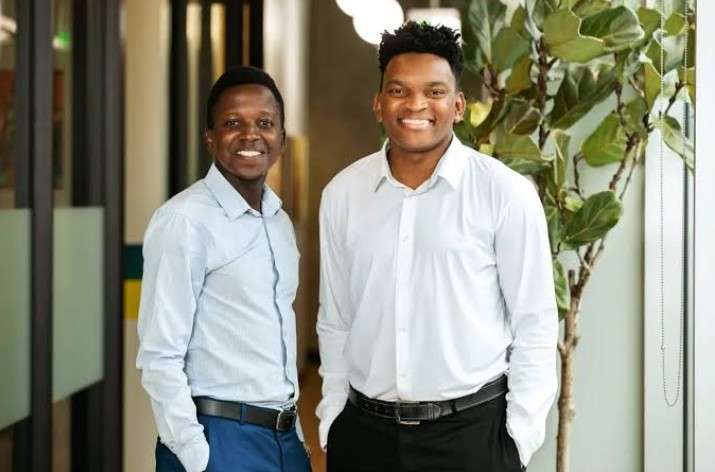African-founded artificial intelligence startup Rwazi has secured $12 million in Series A funding to further develop its AI-powered decision-support system, expanding its ability to deliver real-time consumer insights to global businesses.
The funding round is set to fuel the next phase of growth for the Mauritius-born company, which has rapidly scaled across Africa and into three additional continents since its founding in 2018.
“For decades, decisions have been driven by instinct. But gut calls are expensive, and in today’s market, they’re dangerous,” said Joseph Rutakangwa, co-founder and CEO of Rwazi.
What Rwazi Does
Rwazi operates an AI market intelligence platform that collects zero-party data, voluntary, direct input from consumers, to help businesses understand exactly who is buying their products, where, when, at what price, and why.
Using a mobile and web app, consumers worldwide provide updates on their online and offline purchases and product usage at home. This gives brands actionable insights on real market behavior, replacing assumptions with data-driven clarity.
“We’re building a system that allows businesses to see early and act fast. That’s exactly what winning teams need today,” Rutakangwa said.
Funding to Scale AI and Data Capabilities
The newly raised funds will go into strengthening Rwazi’s AI copilot, a digital assistant designed to help teams understand what’s changing in the market, what actions to take next, and what outcomes to expect.
The investment will also expand Rwazi’s global data infrastructure, which currently collects consumer insights from over 40,000 contributors in more than 50 countries.
This expansion is key to helping businesses operate in diverse, emerging markets, where data is often scarce or outdated.
The Market Shift: From Gut Feeling to Smart Decisions
In a business world increasingly driven by real-time intelligence, Rwazi positions itself as a timely disruptor.
Traditionally, many business decisions, particularly in developing markets, were based on intuition rather than verified information. Rwazi challenges that norm with a solution that uses AI simulation engines and predictive analytics to recommend the best next steps.
“Gut instinct might’ve worked when things moved slowly. But today, the teams that win are the ones with systems that see early and act fast,” Rutakangwa added.
Africa-Born, Globally Relevant
Though headquartered in Mauritius, Rwazi reflects a broader trend of African startups building globally relevant solutions.
The company’s tools are now used by Fortune 500 companies, especially in sectors like FMCG (Fast-Moving Consumer Goods), retail, and health, where timely data can determine strategy success.
According to recent estimates, Africa’s digital economy is set to grow to $712 billion by 2050. As data becomes a key driver in this growth, startups like Rwazi are well-positioned to lead.
Why This Matters
With the explosion of consumer markets in the Global South and a growing demand for local insights, Rwazi offers an essential bridge between global brands and local consumers.
The company’s model not only democratizes access to data but also empowers everyday consumers to shape how products and services reach their communities.
Talking Points
Rwazi’s $12 million Series A funding marks a pivotal moment for both the startup and Africa’s growing role in the global tech ecosystem.
By offering real-time, AI-driven consumer insights through zero-party data, information users willingly provide, Rwazi is addressing a long-standing challenge in emerging markets: the lack of reliable, actionable data.
Its platform empowers global companies to understand who buys what, when, and why, providing a much-needed bridge between local consumer behavior and global brand strategy.
With operations in over 50 countries and clients ranging from retail to FMCG, Rwazi has proven that African-founded startups can scale solutions that are globally relevant and commercially viable.
From a tech analyst’s perspective, Rwazi is a timely disruptor in the shift from intuition-based decisions to data-driven strategies. Its AI “copilot” aims to replace guesswork with simulations and predictive recommendations, a compelling value proposition in today’s volatile markets.
However, as it scales, the startup must prioritize data integrity, transparency, and workflow integration to ensure long-term trust and usability across industries.
Rwazi is more than a data company; it’s a symbol of Africa’s emerging digital confidence, where homegrown innovations are shaping the future of ethical, inclusive, and smart decision-making on a global scale.





